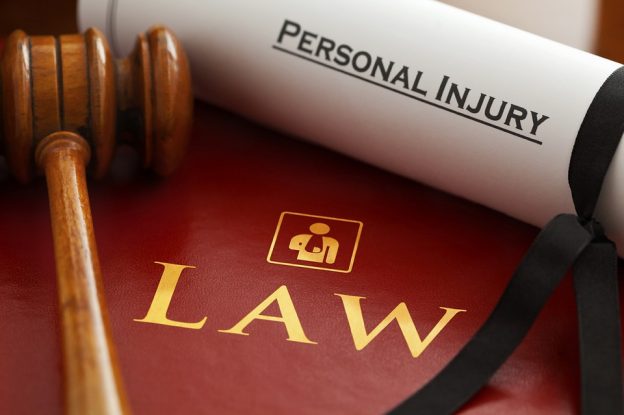Proving Negligence in a Personal Injury Case
Negligence forms the basis of most personal injury claims, which means it’s likely to be a critical part of your case. However, it isn’t easy to prove negligence, which is why personal injury lawyers use a variety of evidence to show that your claim meets the necessary thresholds.

photo/Claim Accident Services
What Is Negligence?
In simple terms, negligence simply means that someone has acted without an appropriate level of care and, as a result, caused you to sustain injuries. To prove negligence in a personal injury case, however, you’ll need to satisfy four distinct criteria:
1. Duty of Care
People owe others a duty of care when a relationship or a legal implication requires it. If you are one of the 39,000 people who sustain injuries as a result of a car crash in Oregon each year, for example, you’ll be able to show that the driver responsible had a duty of care to obey traffic laws. Alternatively, if you’re one of the 54,000 people to sustain non-fatal workplace injuries in Oregon each year, you can show that your employer has a duty of care towards you due to their regulatory and legal obligations.
2. Breach of Duty
Once you’ve shown that the defendant had a duty of care, you’ll also need to show that they breached this duty. For example, recent statistics show that, in one year, 1,783 drivers involved in an accident in Oregon had consumed alcohol. If a driver’s blood alcohol level exceeds the legal limit, this is highly likely to constitute a breach of their duty of care to other road users.
3. Causation
The third element of proving negligence is showing that the defendant’s breach of their duty of care actually caused your injuries. While this might sound straightforward, the defendant’s legal team or insurance company will argue that the ‘chain of causation’ was broken in some way, so your personal injuries lawyers will need to provide evidence to rebut this.
4. Damages
Even if a defendant breaches their duty of care and causes you harm, you also need to show that you sustained damages to successfully obtain compensation. This could be financial loss due to medical costs or lost earnings, for example, but it could also be the physical or emotional harm you suffered due to the incident.
Can You Prove Negligence?
As you can see, proving negligence is more complicated than it first sounds. To successfully show that a defendant has been negligent, you’ll need evidence to support your claim, such as witness statements, CCTV footage or copies of your medical records.
By addressing each element of negligence in isolation and providing evidence to prove negligence was the cause of your injuries, your personal injury lawyers will help you to obtain the compensation you deserve.
Making a Claim for Personal Injury Compensation
Hiring an injury lawyer is in your best interests when making a claim. While proving negligence is an important part of the process, a personal injury attorney can help you at every stage of your case, from establishing liability to negotiating a favorable settlement.














